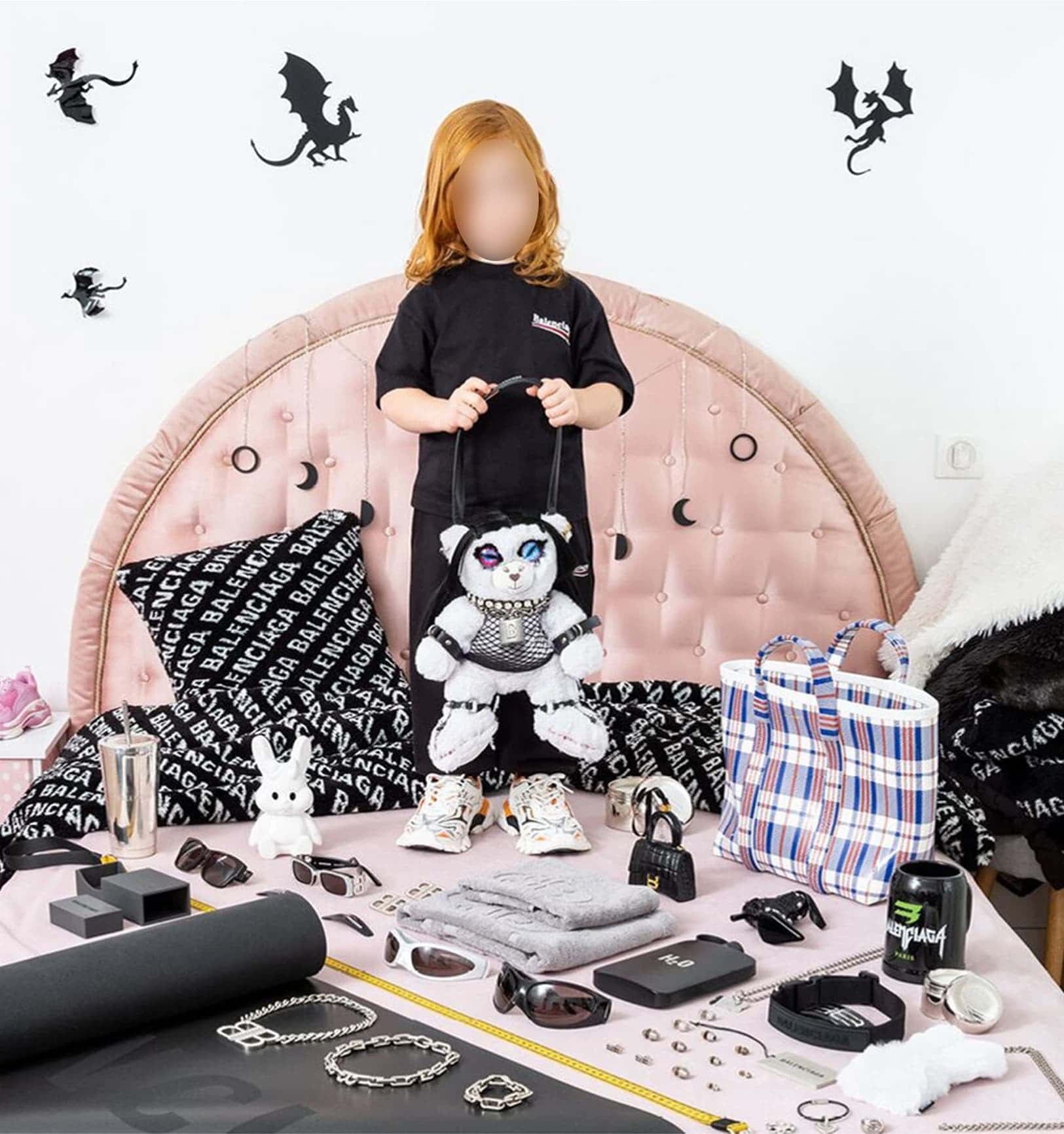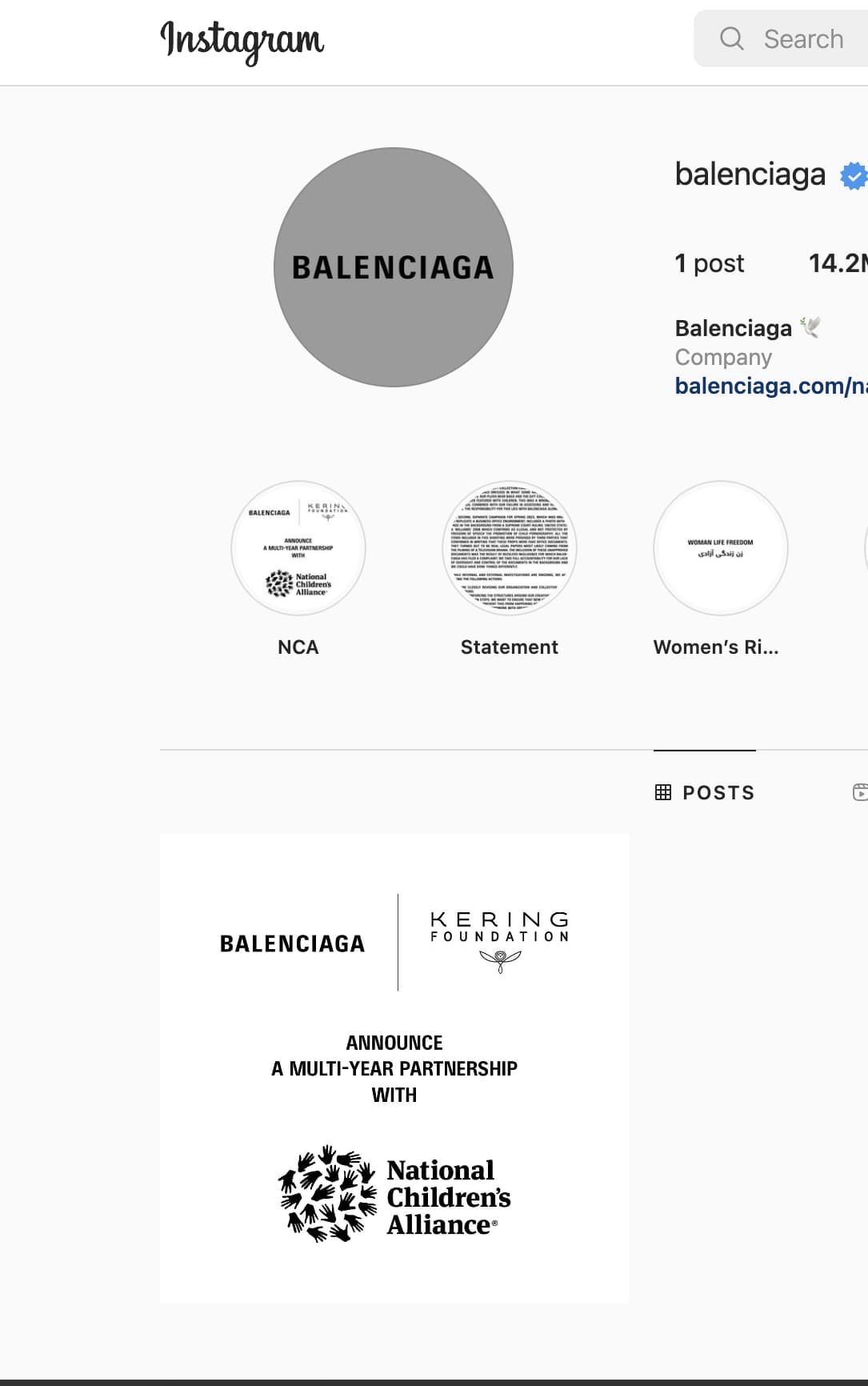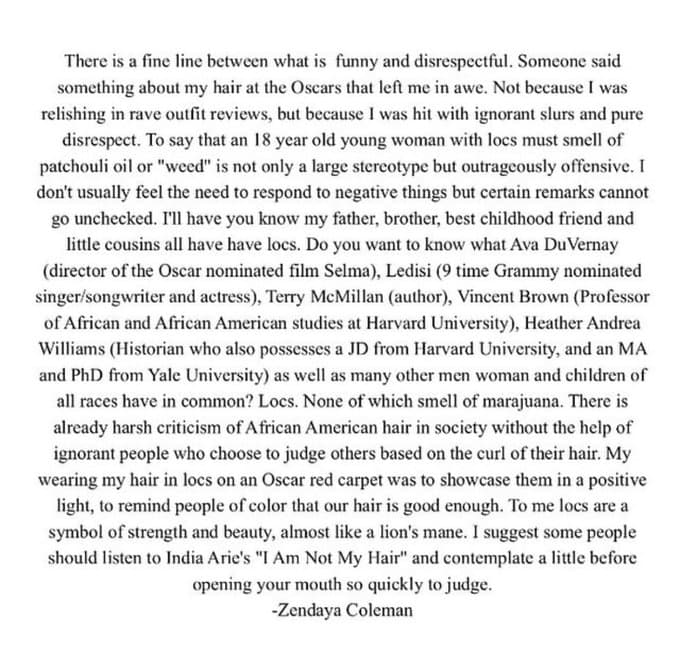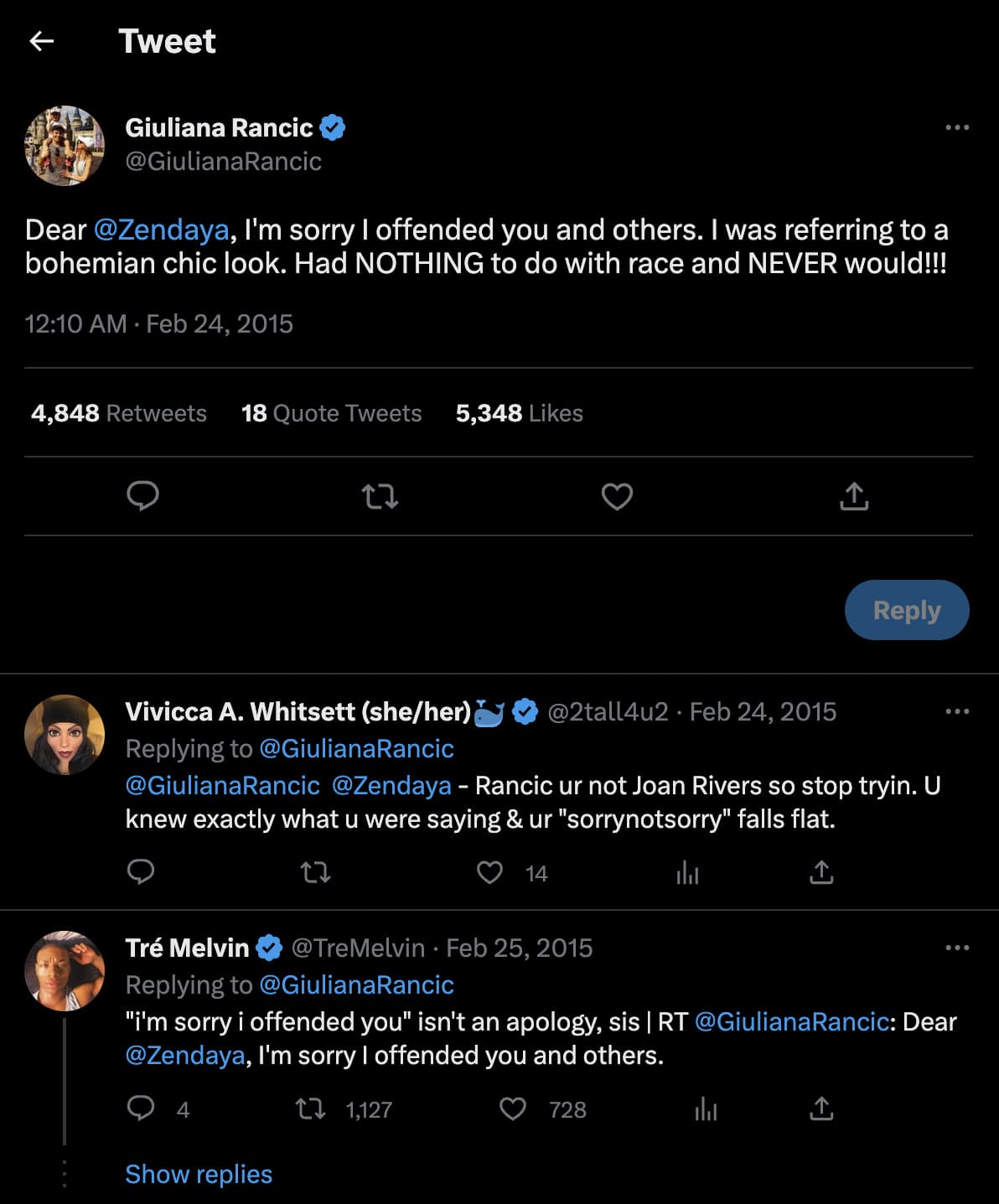How to Weather a Twitter Storm
By Mark Hooper
In recent months we’ve seen brands having to deal with all manner of controversy, much of it all of their own doing. Associating themselves with toxic celebrities, releasing images and/or products that are insensitive at best and often downright obnoxious, or just appearing tone-deaf in their interactions with a shifting world… there’s no doubt that it’s a minefield out there for anyone dealing in marketing. Add to that the constant background noise generated from every wrong step (especially now, when even your choice of platform has become a moral decision) – and the chances are that pretty soon you’re going to have to apologize about something.
Balenciaga’s use of child models to sell BDSM-inspired teddy bear bags was followed up by an office-desk-based campaign that contained several surreptitious references to pedophilia (in the form of court papers and reference books left on the table). While the blame game over who knew what continues (involving yet more court papers), the brand has struggled to respond in a way that satisfies the twitterati, despite a mea cupla this week from Demna in the pages of Vogue. Its recent attempts to reboot and move on have focused on a more sober, archive-based approach. Meanwhile, they wiped their Instagram feed save for a single post: an announcement of a longterm partnership with the National Children’s Alliance, in association with the Kering Foundation.




The dust was still far from settled when Schiaparelli then sent Kylie Jenner down the catwalk for their SS23 show adorned in a life-sized lion head. The fact that the brand was at pains to point out that ‘No animals were harmed in making this look’ – and that the piece in question was made from foam, wool and silk faux far – did little to appease those who saw it a poor taste reiteration of trophy hunting chic.
But even aside from high-profile controversies, brands are constantly having to micromanage controversies and outrage. Think of the constant online stream of ill thought-out posts, knee-jerk responses to current events, use of words and phrases that can offend a certain group: it’s a question of not if, but when will you have to explain yourself. The pattern of behavior adopted by brands and individuals usually falls under one of the same general categories. Here’s how to (and how not to) weather a social media storm…
Double Down
Often, people causing offense will think they have done nothing wrong. They will react as most of us do in moments of stress: by going through a series of emotions, many of which should stay out of the public space. These include shock, denial, anger, and regret.
People will often instinctively go on the front foot and attempt to blame the victim. Think of a traffic accident, and how commonly those at fault will try to claim that another driver caused the crash. This is understandable, particularly when the adrenalin is still kicking in. But it’s never the sensible approach. Don’t look for other people to bear the responsibility for your actions.
The False Apology
The most insidious way of dealing with the fallout from an offensive remark is to go on the offensive. The classic False Apology strategy is a more subtle way of pushing the blame back onto the victim, implying that it is a matter of interpretation and that the offended party is the one who has got it wrong.
There are a number of ways of wording your False Apology, all of which employ ‘double speak’ that would make George Orwell proud.
Let’s take the classic:
‘I’m sorry if anybody took offense to my remark…’
There is no apology in this statement. There is no admission that you have done anything offensive at all. The semantics of the sentence focus on somebody’s perception of what you said. In essence, the above words mean nothing more than: ‘If anyone interpreted my words wrongly, that’s their fault’.
It’s simply another, more cowardly form of doubling down and, as such, is never a good idea.




Run Away
The Times columnist Caitlin Moran has a surprisingly honest tactic for dealing with a Twitter storm – go into hibernation for a week, then stride back onto social media as if nothing happened. This approach, however, only works if the controversy is nothing more than a passing slight, differing of opinion or misunderstanding, and you don’t want to get embroiled in the ensuing pile-on.
‘Social media is like a baby screaming and throwing tantrums … which is then soothed by a picture of a cat,’ she once famously told the audience at Cannes Lions advertising festival. In other words, if you lie low for long enough, the audience will find something else to distract them. It’s an update on the idiom that marketers used to say about the British tabloid press: ‘Don’t worry, it’s just tomorrow’s chip paper’ (because newspapers are traditionally used by Fish’n’Chip shops to wrap their fries in).
While this may work for a minor indiscretion or the type of daily ‘mini outrages’ typical of Twitter, it’s still running away: which is never a good look.
Fess Up
When the above options don’t work (and, to give you a clue, they never do), the only other option is to face up to your faults.
Here is a list of phrases that seem to come hard to many people:
I said/did a stupid thing.
I didn’t think.
I messed up.
I apologize unreservedly.
There is no-one to blame for this whole situation but me.
I’m sorry.
Try and memorize them. (It always looks bad if you end up reading them from a piece of paper.) Once you get into the habit of owning your mistakes, it can be wonderfully liberating. The truth is, people do dumb stuff all the time. Everyone knows that (they’re people too, after all). The only way to weather the storm is to do exactly that – brace yourself, take the hits, don’t deny that it’s coming, and accept its inevitability. Then prepare yourself better for when it finally blows over. Promise to learn from it and commit to doing better. Reach out to those you offended and try to make amends.
If in doubt – there’s one simple rule that never fails: ask yourself, what would your mother think?
